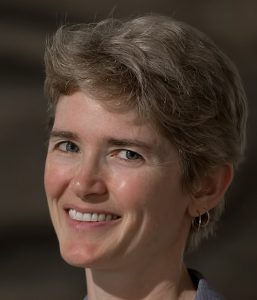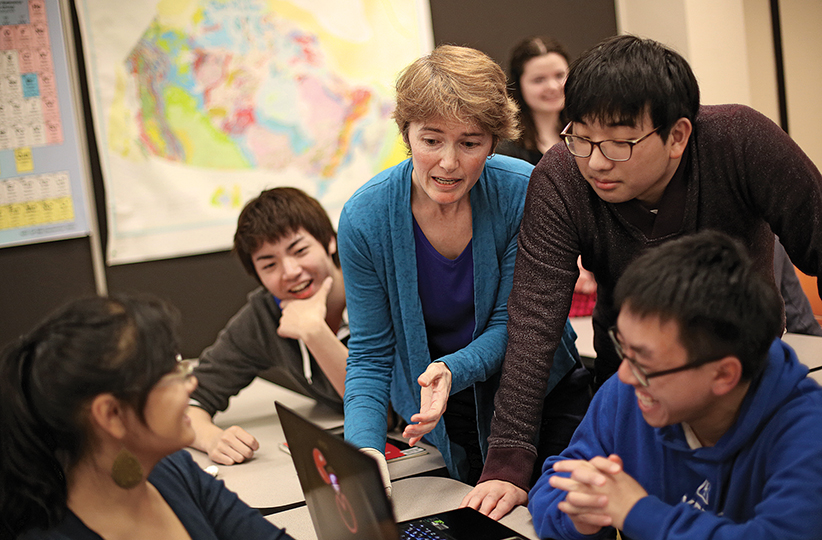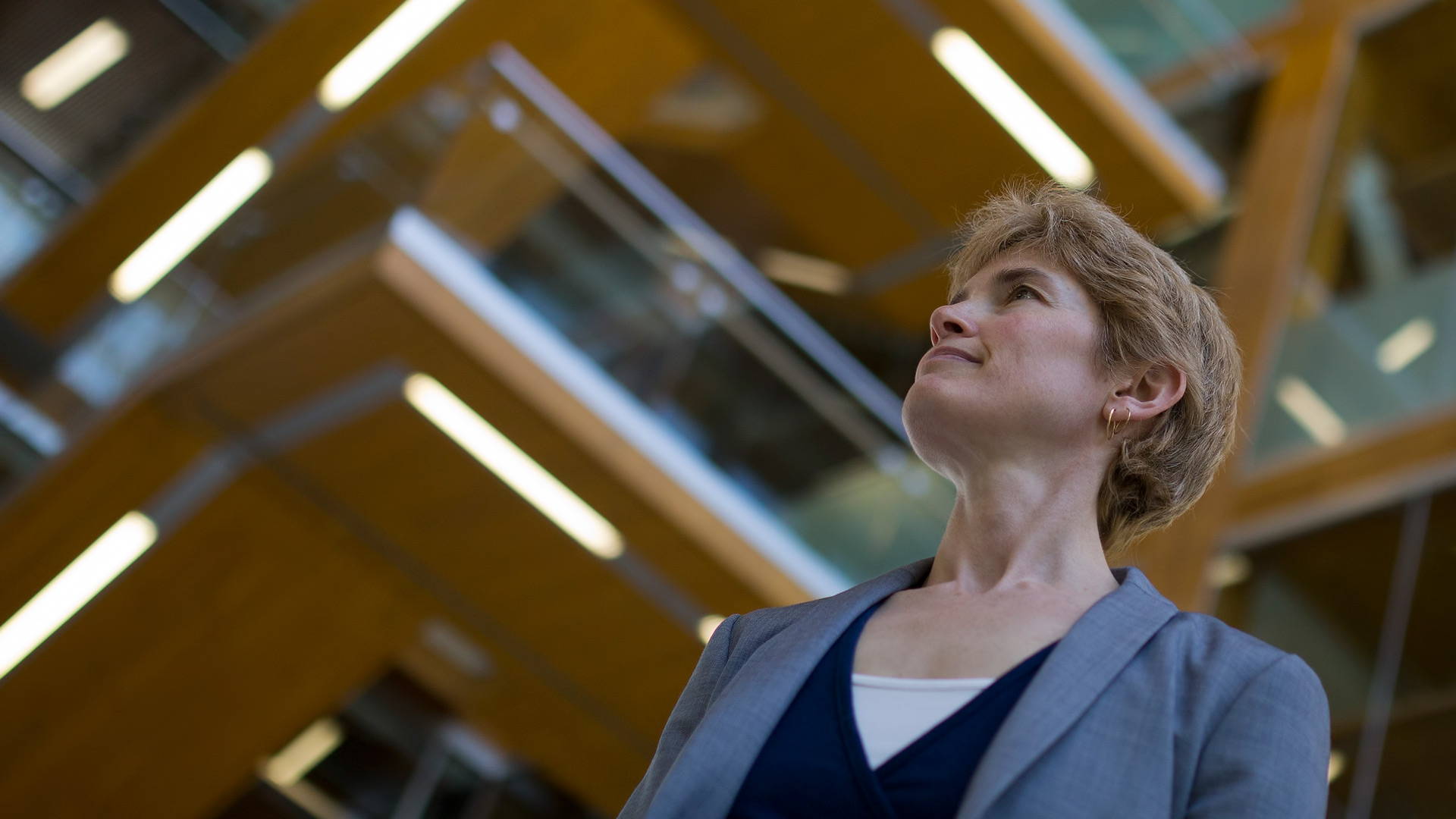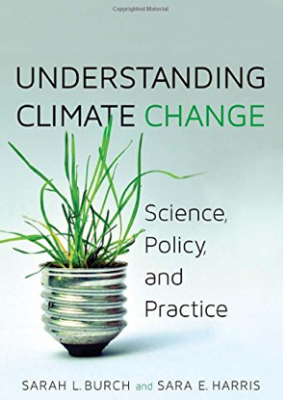
Media
Professor Sara Harris on the United Nations Climate Change Conference
UBC Professor Sara Harris, from the Department of Earth, Ocean and Atmospheric Sciences, teaches a Massive Open Online Course (MOOC) on climate change. This is her take on the 2015 United Nations Climate Change Conference, in Paris.
Climate Change: The Science | UBCx on edX | Course About Video
Take this course for free on edX: https://www.edx.org/course/climate-change-science-ubcx-climate1x# ↓ More info below. ↓ Follow on Facebook: https://www.facebook.com/edX Follow on Twitter: https://www.twitter.com/edxonline Follow on YouTube: https://www.youtube.com/user/edxonline About this course Do you want to talk about climate change from an informed perspective? Are you interested in how global warming works? Climate change is the biggest challenge of our time, and climate science is critical to finding solutions. How can we make the best decisions about our present and future? By taking this course, you can be part of the global conversation. Climate Change: The Science is an introduction to climate science basics. We’ll discuss flows of energy and carbon in Earth’s climate system, how climate models work, climate history, and future forecasts. This course will give you the knowledge you need, and practice communicating about climate change. You’ll meet people from around the world with a huge range of local and regional climate change issues. Join us, learn the science, and share your own stories.
Conversations That Matter - Episode 14 - Dr. Sara Harris
Episode 14 Dr. Sara Harris Climate 101 - Part 1 This week’s Conversation that Matters features Dr. Sara Harris a senior instructor at the department of Earth, Ocean and Atmospheric Science at UBC. In Part 1 of our two show Conversation, Dr. Harris explains the elements of climate and how they interact. She points out that Co2 has a long life span in the atmosphere and because it is not breaking down it continues to accumulate. The concentration level of Co2 is now over 400 ppm and rising. Join veteran broadcaster Stuart McNish for this important and engaging Conversation that Matters on The Vancouver Sun website. Each week McNish explores the most important issues shaping the future of B.C. Please become a subscriber and support the production of the program at www.conversationsthatmatter.tv
2011 UBC Killam Teaching Award
Dr. Sara Harris from the Earth and Ocean Sciences department at UBC won the 2011 Killam Teaching Award for Science Instructors. Her teaching is student-focused and evidence-based. She teaches courses such as in environmental sciences, climate change or oceanography.
National Public Radio, April 14, 2016Radio/Podcast
Ironically, it was one of his lectures on the death of lectures that inspired a professor of teaching there, Sara Harris to put aside her research on paleoceanography to work full time on improving science education ...
Conversations that Matter: Dr. Sara Harris a senior instructor at the department of Earth, Ocean and Atmospheric Science at UBC
Vancouver Sun, November 30, 2014Online
Video interview.
University of Toronto Press
9781442665910
Conversations about climate change are filled with challenges involving complex data, deeply held values, and political issues. Understanding Climate Change provides readers with a concise, accessible, and holistic picture of the climate change problem, including both the scientific and human dimensions.
Transforming the lowest performing students; an intervention that worked
Published by Journal of College Science Teaching
2012 We conducted a small-scale study to investigate if a brief timely intervention focusing on specific study strategies would improve student performance in university science courses.
URL: http://www.cwsei.ubc.ca/SEI_research/files/Harris_Intervention_JCST2012.pdf
Measuring student knowledge of landscapes and their formation timespan
Published by Journal of Geoscience Education
2013 Geologic time is a crucial component of any geoscientist's training. Essential knowledge of geologic time includes rates of geologic processes and the associated time it takes for geologic features to form, yet measuring conceptual thinking abilities in these domains is challenging. We describe development and initial application of the Landscape Identification and Formation Test (LIFT), a concept inventory for measuring abilities to identify landscapes and their formation timespans.
Benefits and Drawbacks of Using Multiple Instructors to Teach Single Courses
Published by College Teaching
2012 We set out to identify the benefits and drawbacks of using more than one instructor to teach single section science courses at a large research university. Nine courses were investigated involving widely differing subjects and levels.
A Massive Open Online Course on climate change: The social construction of a global problem using new tools for connectedness
Published by Wiley Interdisciplinary Reviews: Climate Change
2014 Climate change is a pervasive and challenging phenomenon that takes on a variety of meanings and frames, each of which suggests different victims, villains, and solutions. New tools are emerging that may facilitate a reframing, or at least the collaborative coproduction, of the climate change conversation.
A New Tool for Measuring Student Behavioral Engagement in Large University Classes
Published by Journal of College Science Teaching
2015 We developed a classroom observation protocol for quantitatively measuring student engagement in large university classes. The Behavioral Engagement Related to Instruction (BERI) protocol can be used to provide timely feedback to instructors as to how they can improve student engagement in their classrooms.
Biography
Sara Harris is a Professor of Teaching in the department of Earth, Ocean, and Atmospheric Sciences at the University of British Columbia (UBC) and a 3M National Teaching Fellow. She has a PhD in oceanography from Oregon State University and a research background in paleoceanography and paleoclimate. During seven years as a chief scientist at Sea Education Association in Woods Hole, Massachusetts, she studied modern oceans and sailed thousands of miles with undergraduate students. Since 2007, Harris has been a Departmental Director for the Carl Wieman Science Education Initiative at UBC, a major effort to improve undergraduate learning in science by implementing evidence-based, student-focused pedagogy. Harris's current research explores how people learn climate science. She teaches a MOOC on edx.org called "Climate Change: The Science" and she is a co-author of Understanding Climate Change: Science, Policy, and Practice.
Recognition/Reconnaissance
Undergraduate Instructor of the Year Award | Professional
2007 Awarded by Earth and Ocean Sciences, University of British Columbia.
Jim Millinger Award for Excellence in Teaching | Professional
2005 Awarded by the Sea Education Association.
Killam Teaching Prize | Professional
2011 Awarded by the University of British Columbia.
3M National Teaching Fellowship | Professional
2015 Awarded by the Society for Teaching and Learning in Higher Education and 3M Canada to recognize exceptional contributions to teaching and learning in Canadian post-secondary education.
Past Talks
The Change in Climate Change
A Taste of Pi Series, Simon Fraser University
Vancouver, BC, April 9, 2016
Online and Hybrid Learning Workshop
Earth Educators’ Rendezvous
Boulder, CO, July 13, 2015
Overcoming the Obstacles to Teaching Reform
Earth Educators' Rendezvous
Madison, WI, July 22, 2016
Dirty Slates: Student Ideas as Catalysts for Learning
Vancouver Island University Teaching and Learning Conference
Nanaimo, BC, May 6, 2016
(Re)Designing Your Course For Improved Student Learning
Scripps Institution of Oceanography, University of California
San Diego, CA, March 28, 2016



